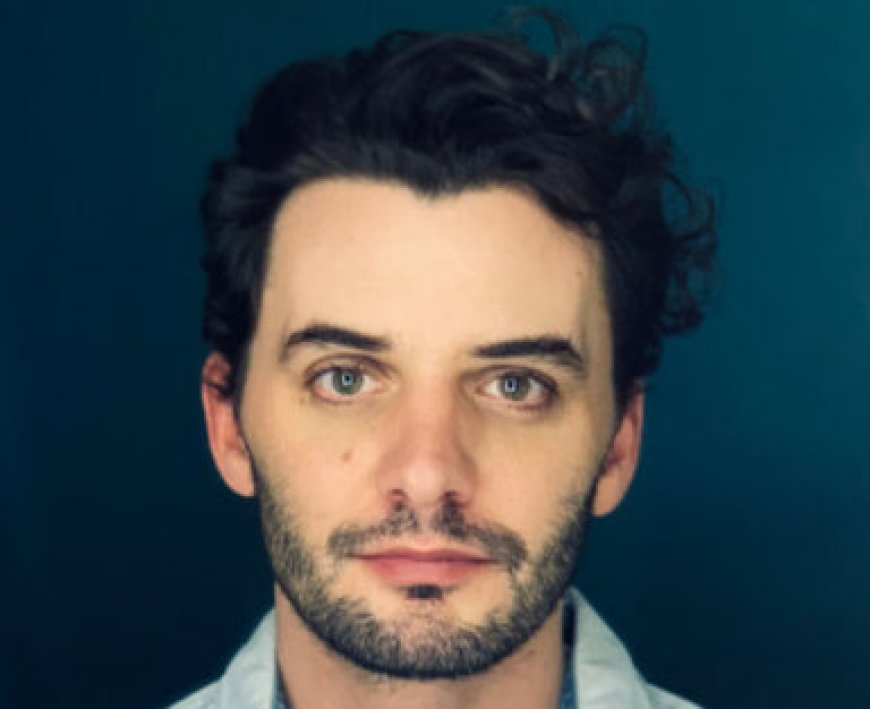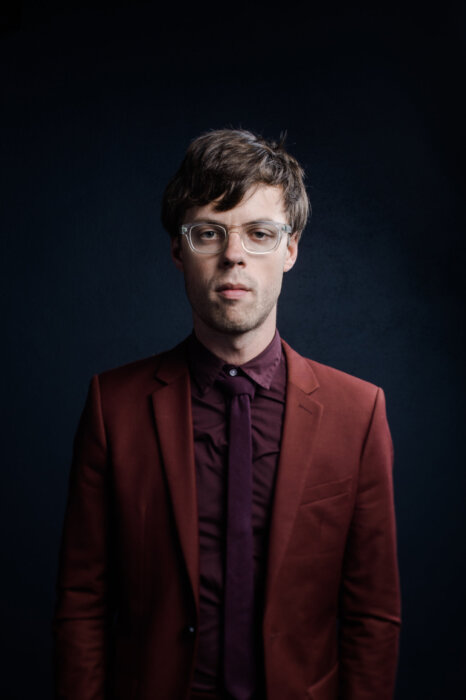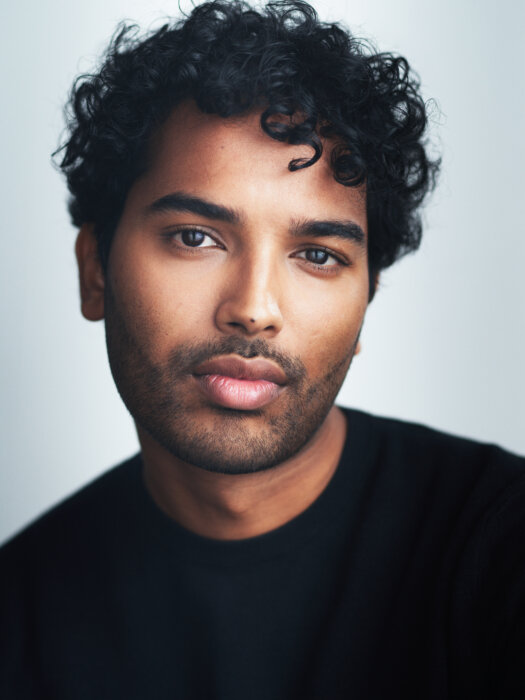Opera preview: Queering ‘Eugene Onegin’ at Heartbeat Opera
Tchaikovsky has long been Russian culture’s most iconic queer figure: the equivalent of Oscar Wilde or Virginia Woolf in British arts circles. All three contracted conventional marriages, least happily the composer. His conflicted and largely gay romantic path partly fueled his most accessible and tuneful opera, 1879’s “Eugene Onegin,” based on Pushkin’s novel-in-verse. Heartbeat Opera, … Read More

Tchaikovsky has long been Russian culture’s most iconic queer figure: the equivalent of Oscar Wilde or Virginia Woolf in British arts circles. All three contracted conventional marriages, least happily the composer. His conflicted and largely gay romantic path partly fueled his most accessible and tuneful opera, 1879’s “Eugene Onegin,” based on Pushkin’s novel-in-verse. Heartbeat Opera, since its inception a decade ago as New York’s most excitingly innovative and inclusive opera company, presents New York’s first explicitly queer reimagining of “Onegin” this month. Brilliant gay director Dustin Wills, a 2023 Obie winner, helms his first local operatic production, and the superb Jacob Ashworth conducts from the fiddle.

LGBTQ+ personnel and sensibility are hardly in short supply in the opera world but Heartbeat, though open to everybody, trends queerer than most. Queer Heartbeat co-founder Dan Schlosberg (pianist/composer/conductor) has been called the troupe’s “secret sauce” for his incredibly skillful — and also playful — arrangements of the scores, often incorporating jazz, bluegrass, and electric rock elements when you least expect them. “For the Russian-ness of ‘Onegin,’ which deploys nine musicians, we have our guitarist doubling balalaika. Plus there’s the harp for some dreamy parts — kind of a Russian and certainly queer special effect!” Tchaikovsky’s work — a pretty good “date opera”, by the way — plays alongside Schlosberg’s world première opera, “The Extinctionist,” about a young woman weighing childbearing given today’s environmental collapse. By design, Heartbeat foregrounds intersectional political content in many of their revisionist and (in a positive sense) provocative shows — with alternative sexuality, most notably in 2018’s “Fidelio” in which the title character was posing not as a man romancing the jailer Rocco’s daughter but (with Rocco’s approval) as a hot lesbian prospect. Schlosberg relishes the company’s annual Drag Extravaganzas, saying they’re “basically a big party to dress up and perform all kinds of arias and numbers with subtexts made explicit. Many younger people come and say they had no idea opera could be so cool — and we love that. Kind of a ‘gateway drug to opera’ thing.”
Wills and Ashworth have assembled a typically committed and diverse cast of attractive singing actors, centered on Indian baritone Edwin Joseph (Onegin) and Lebanese tenor Roy Hage (Lensky) and the sisters whose lives their shifting, ambiguous friendship complicates, Tatyana and Olga (Chicago-born soprano Emily Margevich, who just triumphed as Tatiana in Baltimore, and Mexican mezzo Sishel Claverie, Heartbeat’s terrific 2017 Carmen). In the rehearsal I attended, “The Talented Mr. Ripley” (in which scenes from “Eugene Onegin” actually figure) and “Top Gun” were bandied about in discussing the tragedy-bound bromance between the young aristocrats Onegin and Lenski.

Says Wills, “There’s a story here screaming to come out that I’ve never seen: the closest was Krzysztof Warlikowski’s “Brokeback Onegin” [in Munich], with lots of naked men in cowboy hats. I didn’t want to hit people over the head like that. Sexuality exists on a spectrum. Tchaikovsky’s recently-released letters show a very sophisticated individual dealing with his particular (for the time) issues with sexuality. That complexity brings a lot more to ‘Onegin’ than ‘boy meets girl, boy dumps girl, someone gets shot.’ In directing this, I think about my favorite writer, Lorca: sexually fluid, writing in a coded way with so much desire compacted together. All this desire eating these people alive, and they don’t know what to do with it! But it’s much more than just, ‘Oh — they’re gay!’ — which is pretty uninteresting. I like to think that Tchaikovsky has bisected himself into Onegin and Tatiana: each of them has what the other one needs, but can’t ever get it. So Olga and Lenski become the victims of this world that has placed this structure round them, keeping them from being the way they need to be.”
Wills’ complex reading of the two leading men’s overlapping desires and how the dynamics among “this strange little country romantic foursome” play out over time does not exclude moments of great humor alongside the teenage and 20-something angst, plus some explicitly hands-on experimentation between the guys during their big quarrel.
“The way the music and the text layer on the tension there, I’m like: I don’t know how else you would stage this! The mazurka there is the most sexual music in the whole score,” Wills said.
Wills stresses the interactivity of Heartbeat’s process; how he’s worked with Ashworth and Schlosberg to find moments that reinforce the concept but also challenge it. Then the singers come in with their insights and inspirations.
“Everybody’s in the mode of trying to get rid of their ideas of what they assume [“Eugene Onegin”] is, and come at it with fresh eyes,” Wills said.
Operalovers and those new to the form have seven chances to see what promises to be a fascinating and moving night in the theater.
“Eugene Onegin” | Heartbeat Opera | Baruch Performing Arts Center| 55 Lexington Ave., Manhattan | April 2-13 | Tickets from $10 | 100 minutes

 Mark
Mark 





